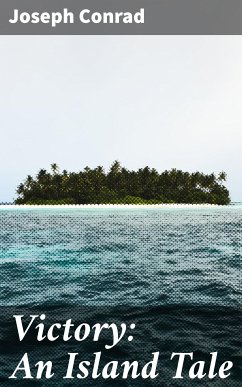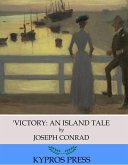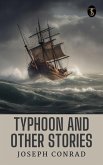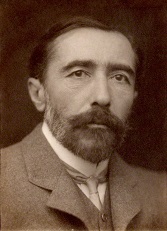In "Victory: An Island Tale," Joseph Conrad navigates the turbulent waters of human ambition, moral ambiguity, and existential dread. Set against the backdrop of a remote Indonesian island, the novel intricately weaves together themes of isolation and the struggle for inner peace. With rich, atmospheric prose that showcases Conrad's mastery of psychological depth, the narrative follows Axel Heyst, a reclusive Swede, whose life becomes entangled with misguided confidence and the brutality of desire. Conrad's exploration of colonialism and the philosophical implications of 'victory' resonates deeply within the context of early 20th-century literature, reflecting the disillusionment of an age caught in the tensions between modernity and morality. Joseph Conrad, a literary luminary born in 1857 in Poland, drew from his extensive maritime experiences and European travels to inform his writing. His career was marked by a fascination with the complexities of human nature, which is vividly illustrated in "Victory." As a writer who often grappled with themes of existentialism and the human condition, Conrad's personal journey'Äîshaped by hardship, displacement, and a keen observation of the human psyche'Äîprovides crucial insight into the motivations behind this poignant tale. I wholeheartedly recommend "Victory: An Island Tale" to readers who appreciate profound psychological narratives that delve into the darker facets of the human experience. Conrad's masterful prose invites readers to reflect on their own struggles for understanding and harmony in a chaotic world, making this novel a timeless exploration of triumph and despair.
Dieser Download kann aus rechtlichen Gründen nur mit Rechnungsadresse in A, B, BG, CY, CZ, D, DK, EW, E, FIN, F, GR, H, IRL, I, LT, L, LR, M, NL, PL, P, R, S, SLO, SK ausgeliefert werden.










